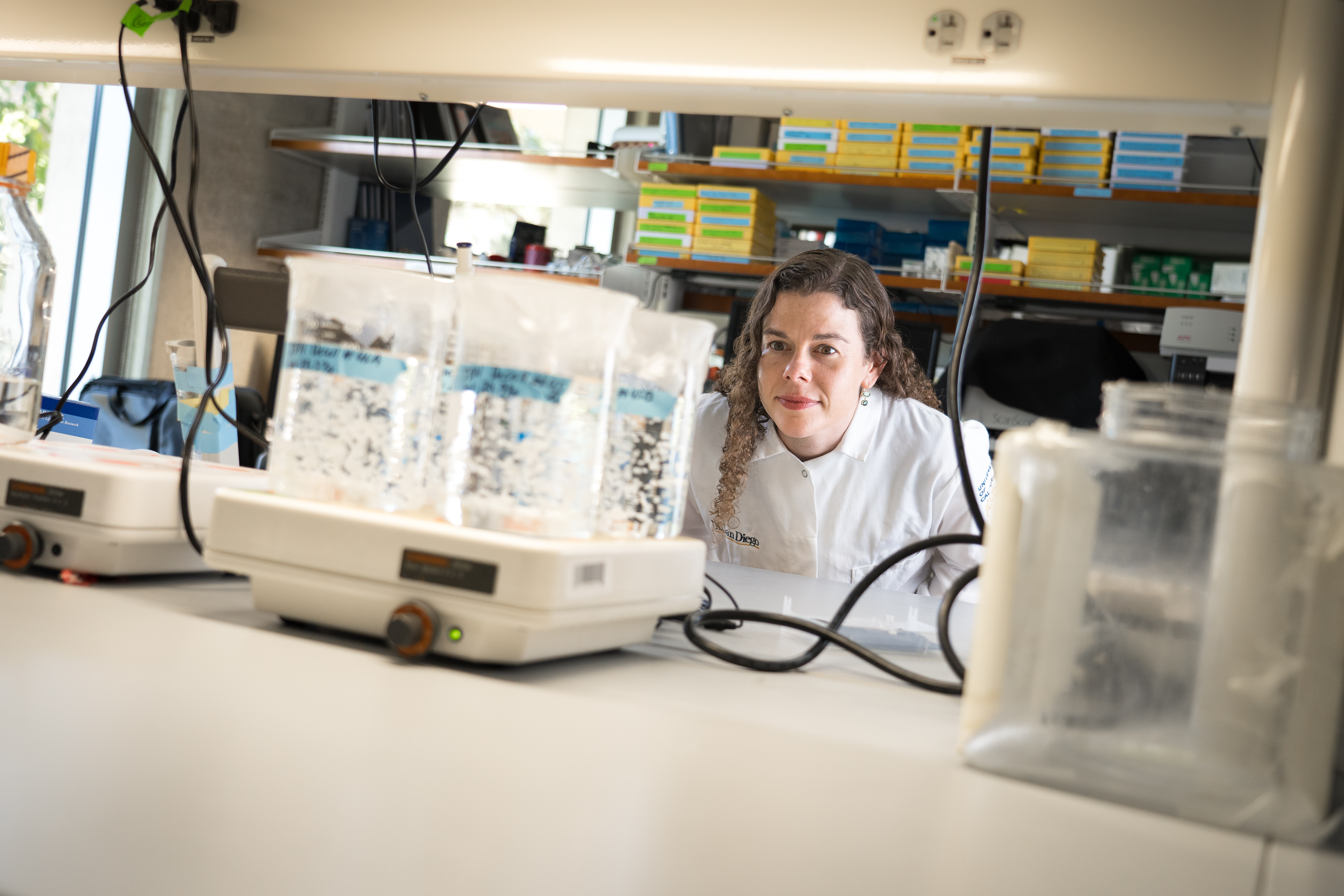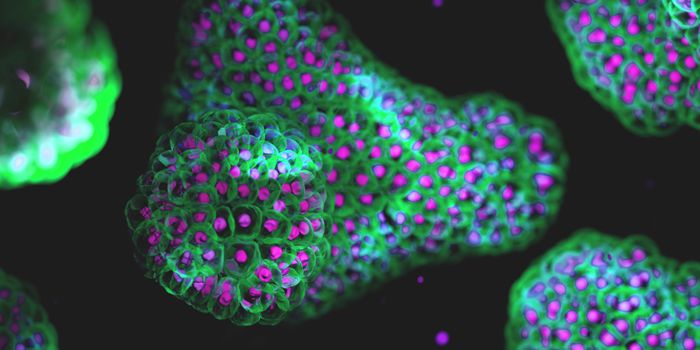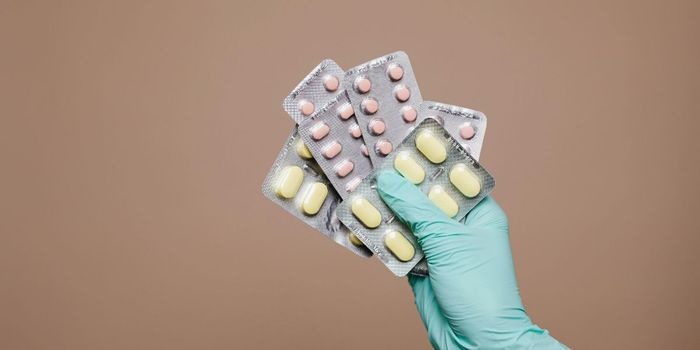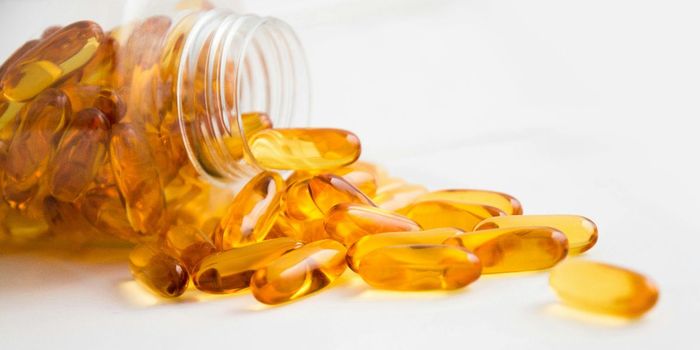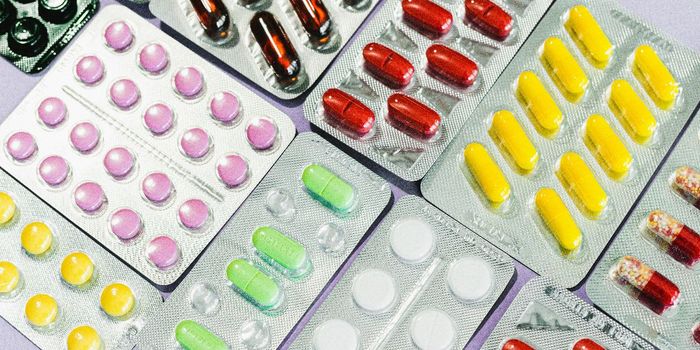Injectable Hydrogel Found Safe for Heart Repair
The first successful in-human clinical trial of an injectable hydrogel that aims to repair heart damage and restore cardiac function was recently conducted by Ventirx—a University of San Diego spin-off company. The clinical trial was an FDA-approved Phase 1 study targeted for heart failure patients who recently suffered cardiac arrest. The study was the first to test an injectable hydrogel made to improve cardiac tissue. The hydrogel was made form a natural scaffolding of cardiac muscle tissue known as the heart tissues extracellular matrix, or ECM. This is especially crucial because studies shave shown that ECM hydrogels are highly effective for other conditions such as poor blood circulation from peripheral artery disease.

Findings of the injectable hydrogel, known as VentriGel, has been reported in the latest issue of American College of Cardiology. Following heart attack, the study examined 15 patients who sustained moderate damage in the left ventricle chamber of the heart. Each one of those patients received up to 18 injections of VentriGel into the damaged areas.
"Although the study was designed to evaluate safety and feasibility and not designed to show whether VentriGel effectively helps improve heart function, we observed some improvements in patients," said Karen Christman, the paper's senior author and a professor of bioengineering in the Jacobs School of Engineering and the Institute of Engineering in Medicine at UC San Diego. "For example, patients could walk longer distances. We also observed signs of improving heart function in patients who experienced a heart attack more than one year prior to treatment."
Karen Christman, professor in the Department of Bioengineering at UC San Diego, led the development of Ventrigel, a hydrogel to repair heart tissue after heart attacks.
(CREDIT: University of California-San Diego)
In patients who suffered a heart attack within the past 2 to 36 months, VentriGel can be injected in a safe manner through a catheter. Once in, the damaged cardiac muscle can be repaired from the scaffold presented by the VentriGel. This allows healthy cells to migrate, more cardiac muscle formation, less scar tissue, and improvements in cardiac function.
VentriGel is made from the cardiac connective tissue of pigs, which is cleansed of heart muscle cells through a detailed process and then freeze-dried and milled into powder form. After, the powder becomes liquid and is then is ready to be injected in the heart muscle. The minimally invasive procedure will take the liquid and convert it to a gel once it reaches body temperature.
Watch this video below to learn more:
Positive results of the study are now allowing researchers to prepare for the Phase 2 clinical trial which will allow them to determine how VentriGel can improve the quality of life for heart failure patients.
